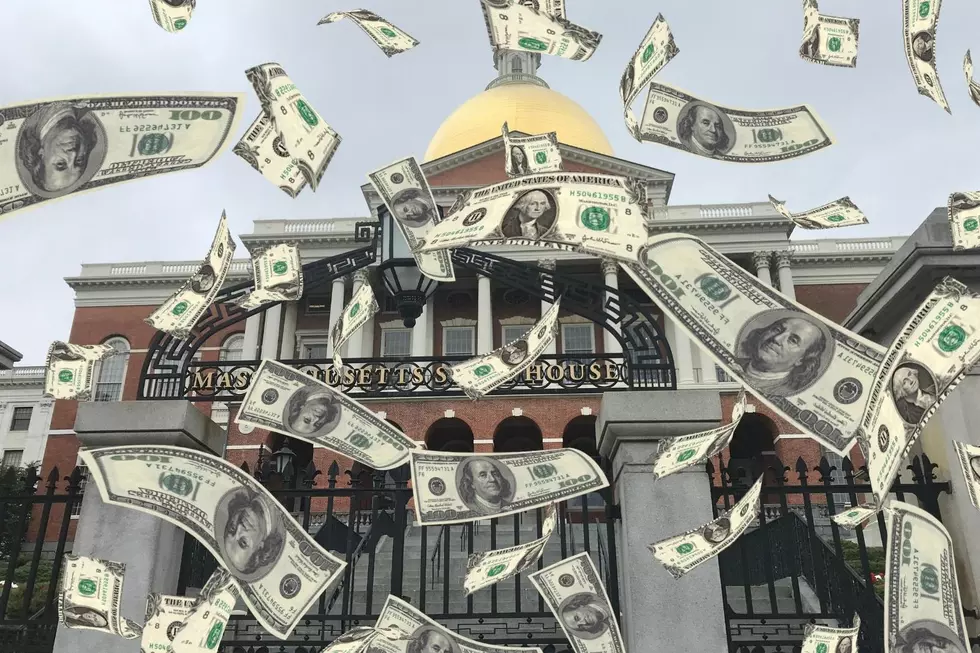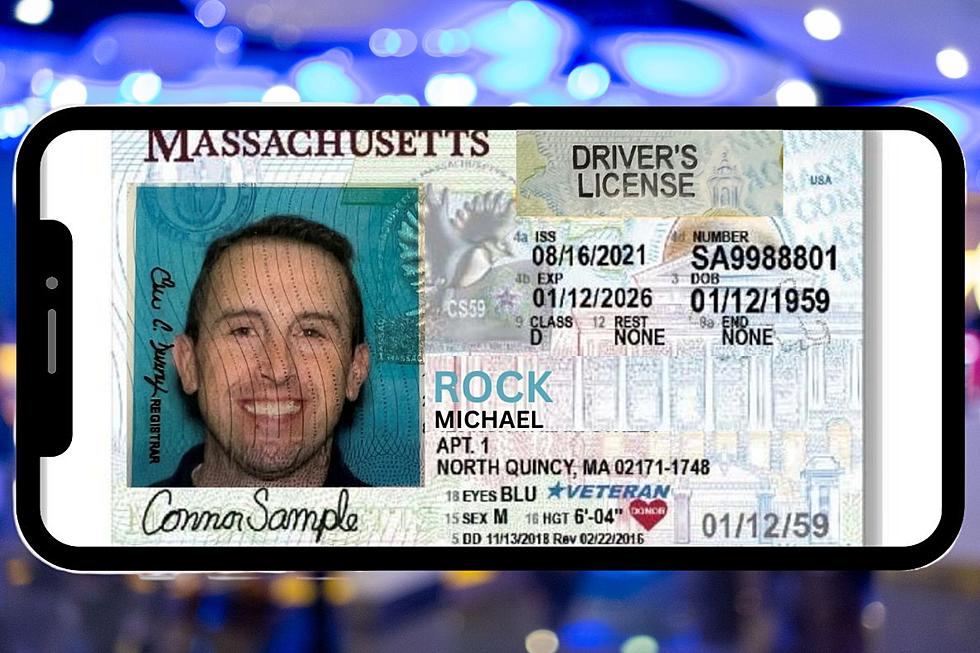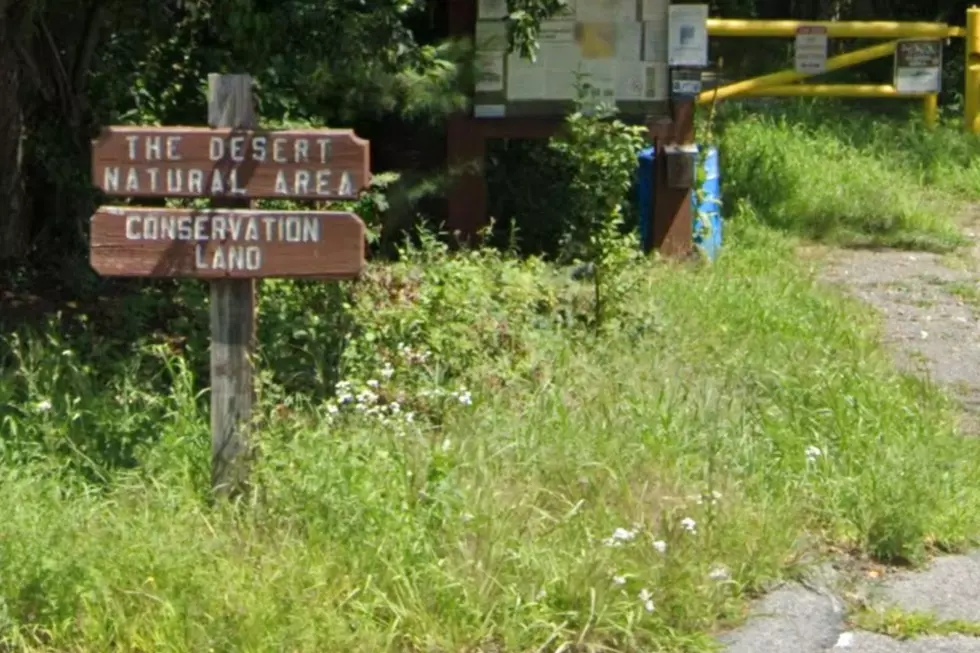
Massachusetts Voters Approve Millionaire Tax Ballot Question
BOSTON (AP) — Massachusetts voters have approved an amendment to the state constitution that will increase taxes on those earning more than $1 million a year.
The amendment imposes a 4% surtax on the portion of an individual’s annual income that exceeds $1 million. Those making up to $1 million, but not exceeding that amount, won’t pay new taxes.
Question 4's supporters — including a coalition of labor unions, community organizations and religious groups — argued the new tax would generate about $2 billion in annual revenue that could be used for education and transportation.
Opponents, including business groups, warned the measure will end up costing jobs while driving away some of the state’s wealthiest citizens.
The state’s constitution currently requires all income be taxed at uniform rates. The $1 million threshold will be adjusted each year to reflect cost-of-living increases.
The question had been challenged by businesses, some lawmakers, and other voters who said the attorney general-approved summary of the question was “completely misleading” because it could lead voters to believe the money could only be spent on education and transportation.
The Supreme Judicial Court ruled the question summary and one-sentence statement describing the effects of a “yes” vote complied with the state constitution.
A similar effort to raise taxes was knocked off the 2018 ballot after a legal challenge by several business-backed organizations.
The court threw out that version of the tax, ruling it violated restrictions placed on citizen initiatives by combining taxes and multiple spending proposals in a single ballot question.
This year’s proposal — though identically worded — was initiated by legislators rather than voter petitions, allowing it to bypass those restrictions.
Massachusetts voters also voted against repealing a new law allowing immigrants who are in the country illegally to obtain state driver’s licenses.

The measure became law after the Democrat-controlled Massachusetts House and Senate overrode a veto by Republican Gov. Charlie Baker in June. Republicans pushed the ballot question to repeal the law. Voters opted instead to keep it by approving Question No. 4 on the ballot.
Under the new law, people in the country illegally will be able to apply for a driver’s license if they can provide the Registry of Motor Vehicles with a foreign passport or consular identification document.
They will also have to provide one of five additional documents: a driver’s license from another U.S. state or territory; a birth certificate; a foreign national identification card; a foreign driver’s license; or a marriage certificate or divorce decree from any U.S. state or territory.
The law was a win for immigrant rights groups that had long pushed for the measure, framing it in part as a public safety measure. They said that under the law those seeking licenses will have to show they can properly operate a car and get insurance for their car in the event of a crash.
Critics, including Baker and GOP candidate for governor Geoff Diehl, who lost to Democrat Maura Healey on Tuesday, said the law could make it easier for those in the country illegally to be able to vote. Diehl and the state Republican party helped lead the effort to repeal the law. Supporters say the law takes steps to guard against illegal voting.
The new law is set to take effect July 1, 2023. Massachusetts will join 16 other states and the District of Columbia that have similar laws.
Voters split on two other questions on the ballot.
Question No. 2, which was approved Tuesday, would regulate dental insurance rates, including requiring companies to spend at least 83% of premiums on member dental expenses and quality improvements instead of administrative expenses, and by making other changes to dental insurance regulations.
Voters rejected Question No. 3, which would have increased the number of licenses a retailer could have for the sale of alcoholic beverages to be consumed off premises, limit the number of “all-alcoholic beverages” licenses a retailer could acquire, restrict use of self-checkout, and require retailers to accept customers’ out-of-state identification.
— Steve LeBlanc, Associated Press
WBSM's Top SouthCoast Stories 10/31 - 11/6
More From WBSM-AM/AM 1420









